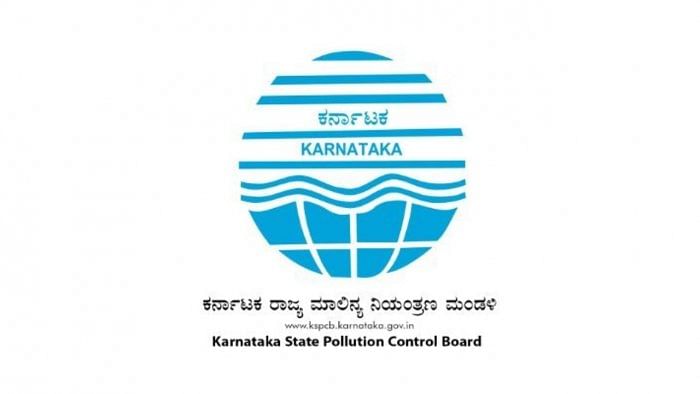
The KSPCB logo.
Credit: X/@karnatakakspcb
Bengaluru: In a reform that will make the conversion of agricultural land for residential or commercial purposes easier, the Karnataka Administrative Reforms Commission-2 (KARC-2) has recommended that the forest and revenue departments not insist on clearance from the Karnataka State Pollution Control Board (KSPCB). Such a move will reduce paperwork, the commission opined.
The commission headed by former chief secretary TM Vijay Bhaskar submitted its 6th report to Chief Minister Siddaramaiah on Saturday.
It has said that the opinion of the pollution control board may not be required for the conversion of agricultural land for residential and commercial purposes (for areas below 10 acres) and that it may be needed only for conversion to industrial use. This will reduce unnecessary paperwork and simplify the process, it said.
The commission also recommended a reform to simplify the formation of layouts.
“In the case of layouts, construction and infrastructure projects, applicants have to submit sale deeds of all land parcels relating to the project. When the number of landowners is large, the sale deeds run into thousands of pages and are difficult to upload,” it said.
“It is therefore suggested that the KSPCB allow for and accept certification of the sale deeds as is done in banks. By doing this, the number of documents to be uploaded can be reduced drastically,” it said.
In addition, the report recommended a penalty on those obtaining sites in the Karnataka Housing Board (KHB) but not constructing houses for years
together.
“In many KHB layouts, even after the provision of all basic infrastructure and lapse of many years large number of sites are vacant. This defeats the purpose of forming layouts and deprives other needy applicants who would have built houses. Such owners should be penalised for keeping sites vacant for long years...,” it says.
A 25 per cent penalty of the present guidance value of the site doubling the maintenance charges on vacant sites is among its recommendations.
Further, the report recommends that the government make the process of site allotment to EWS beneficiaries more water-tight by insisting on the Aadhaar numbers of applicants, verifying details in the Kutumba database, RGHCL allottee list and linking with e-Khata, e-Swathu, BDA and BBMP databases.
“This will help to identify and weed out ineligible applicants who already possess a site or a house and multiple applicants from a single family,” it states.